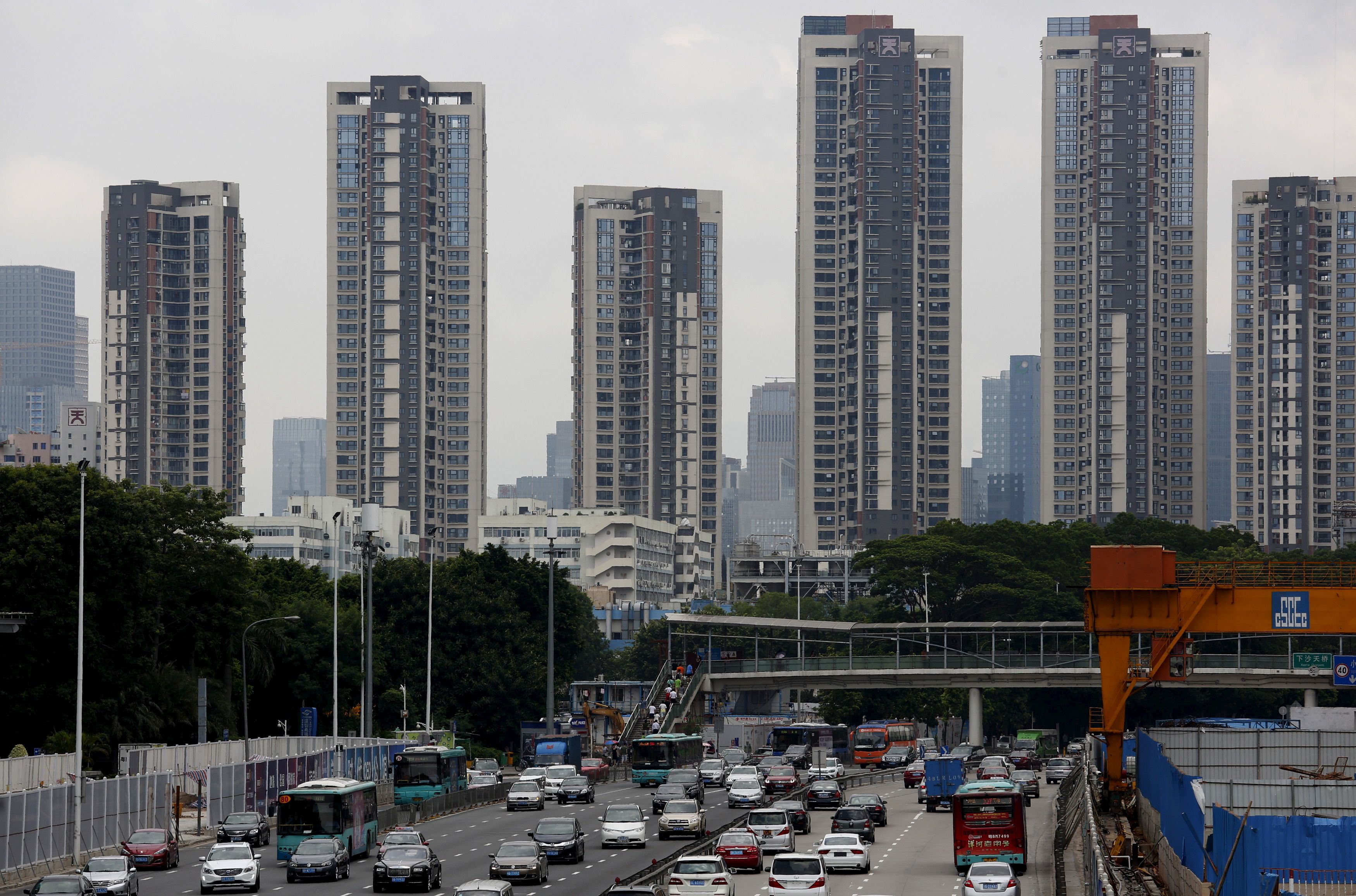(ATF) Faced with a red-hot real estate market that has become a challenge to maintaining financial stability, authorities in China have resorted to issuing official warnings to cool things down.
Guo Shuqing, chairman of the China Banking and Insurance Regulatory Commission (CBIRC), warned that the country’s property market is the biggest “grey rhino” – a very obvious yet ignored threat – in terms of financial risks given it is so deeply intertwined with the financial industry.
According to Guo, the property market has become a major source of financial risk and Beijing cannot rely on adjustments to monetary policy alone to resolve the “serious” problems caused by the sector.
The warning comes just days after China Evergrande Group, the country’s second-biggest and most indebted property developer with some $124 billion in borrowings, managed to raise $1.8 billion through an IPO on November 27. That cash-raising averted a serious real estate crisis in China’s fragile property markets that could have also led to social instability.
In a collection of articles released in a book marking the start of the 14th Five Year Plan, Guo also said loans related to the property market currently account for 39% of total bank loans in China – a figure that excludes bonds, equities and trust investments with exposure to real estate.
He also wrote that given China’s infamous property bubbles in the past that sparked at least 100 of the 130 financial crises since the start of 20th century, immediate steps must be taken to avoid “bubbles” in the real estate sector.
“It’s safe to say that the property market is currently the greatest grey rhino in terms of financial risks,” he added.
RAISING RED FLAGS
Guo’s warning comes after analysts have raised red flags over China’s soaring property markets, a sector that accounts for about two-thirds of Chinese household assets, according to wealth manager Noah Holdings.
“Property is the country’s biggest risk in the next 12 months, much greater than the trade war,” said Larry Hu, head of greater China economics at Macquarie. Hu also predicted that after the recent sharp increases in real estate prices in lower-tier, or smaller cities, a sharp correction could be in the offing.
Domestic property prices overall have also been rising for more than three years, the longest streak since 2008, according to National Bureau of Statistics data.
The property market also plays a significant role in local government revenues, bank loans and corporate investment. A sharp correction in real estate would lead to adverse impacts on overall economic growth.
This is why, the Chinese government has already launched numerous measures to rein in property speculation, from restricting mortgage loans for second-home buyers to disqualifying non-local buyers in the recent past.
ENTHUSIASM COOLS
Meanwhile, according China Index Academy (CIA), a real estate research firm, Chinese new home prices growth eased slightly in November, weighed by tighter market curbs in larger cities and demand weakness in smaller towns.
New home prices in 100 cities rose 0.32% in November from a month earlier versus a 0.4% gain in October. Fewer cities reported monthly gains, with the number falling to 71 from 73 in October, and 28 cities saw lower home prices compared with 26 in the preceding month, the CIA data on Tuesday showed.
City clusters in the southern Pearl River Delta and eastern Yangtze River Delta contributed most of the market’s strength in November, the CIA said, with Dongguan in Guangdong province, and Hangzhou and Jinhua in Zhejiang, leading price gains Liaocheng and Dezhou cities, both in the eastern province of Shandong, saw the biggest monthly price drops.
“The slower home prices growth showed the effect of policy tightening in some cities has kicked in,” said Cao Jingjing, research director at CIA. “Meanwhile, some tier-3 and tier-4 cities with no economic and population support saw price drops, due to a slump in demand after an initial spurt of buying.”
On an annual basis, new home prices rose 3.63% in November, versus October’s 3.52% gain. Land sales by volume fell 27% in November from October, while average transaction price per square metre rose 18%, led by higher land prices in tier-1 cities, CIA data showed.
Nevertheless, property process could start hardening again soon as the government has constantly switched between tightening and easing policies, often to prevent a drop in growth, analysts say.
With reporting by Reuters
























